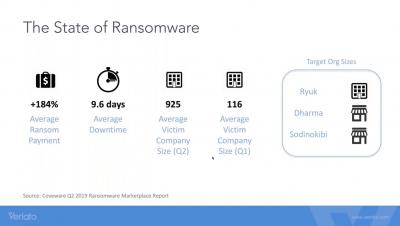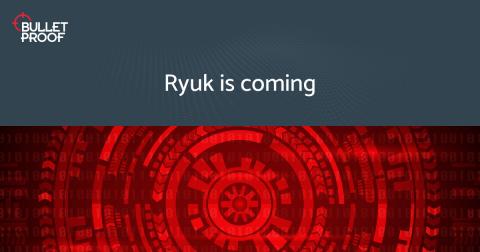Ransomware experiences and why IT security professionals have a lot on their minds
Every year we survey visitors to our booth at Black Hat about trending topics. This year, we asked about ransomware and the ever-increasing complexity of our cybersecurity environment. The results are very interesting - things may be getting much better, or we may all be collectively in denial. Let's break it down.







